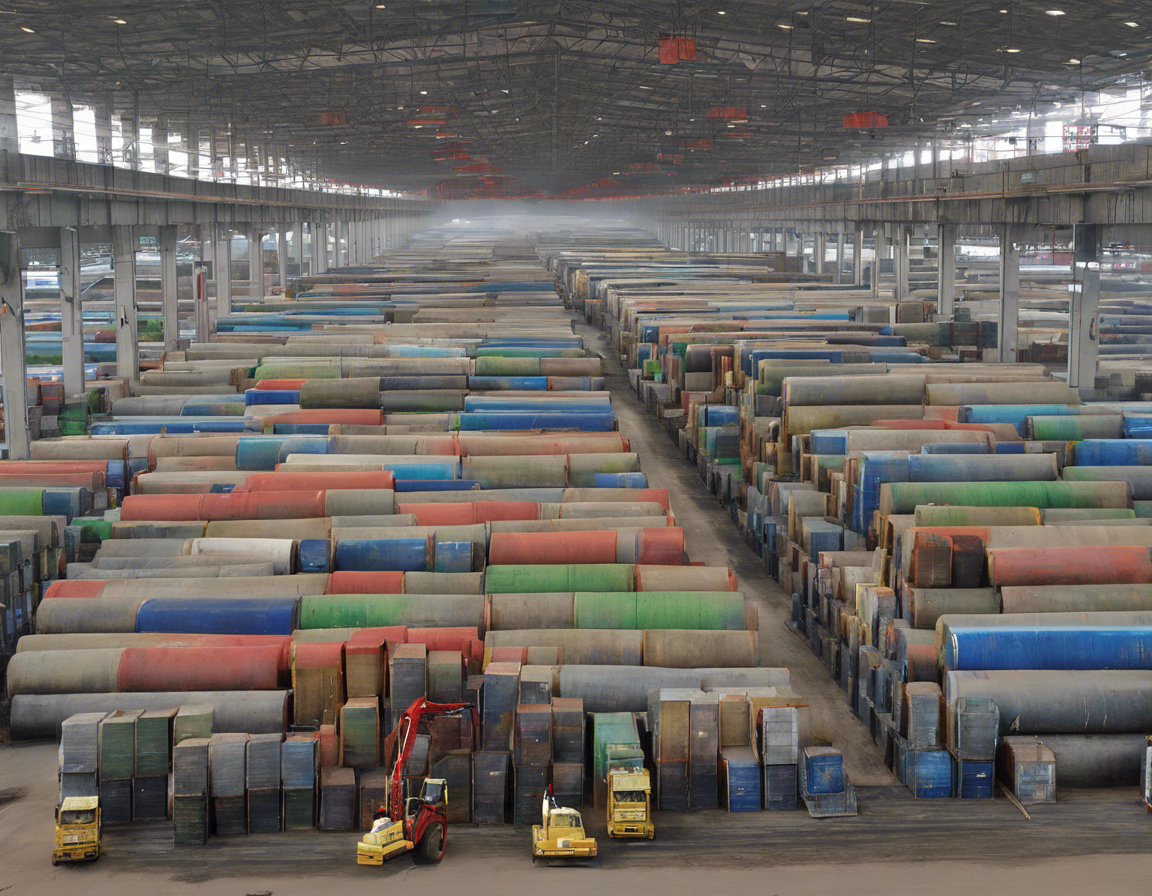Introduction
JSW Infrastructure Limited is one of India’s leading private sector infrastructure companies that specializes in developing and operating ports, terminals, and transportation infrastructure. Investing in JSW Infra can be a lucrative opportunity for investors seeking exposure to the infrastructure sector in India. In this article, we will discuss the key aspects of investing in JSW Infra, including its business model, financial performance, growth prospects, risks, and potential returns.
Business Model
JSW Infrastructure operates a diversified portfolio of ports, terminals, and transportation infrastructure assets in India. The company’s business model is focused on providing integrated solutions for cargo handling, storage, and transportation across various sectors, including steel, cement, power, and commodities. JSW Infra’s strategic locations, state-of-the-art facilities, and efficient operations have enabled it to become a key player in the Indian infrastructure sector.
Financial Performance
When considering investing in JSW Infra, it is important to analyze the company’s financial performance. JSW Infra has demonstrated strong revenue growth and profitability over the years, driven by its robust business model and strategic investments in expanding its infrastructure portfolio. Investors should review the company’s financial statements, including revenue, EBITDA, net income, and cash flow, to assess its financial health and growth potential.
Growth Prospects
JSW Infra is well-positioned to capitalize on the growing demand for infrastructure development in India. The government’s focus on initiatives like Sagarmala, Bharatmala, and dedicated freight corridors presents significant opportunities for JSW Infra to expand its footprint and enhance its revenue streams. Additionally, the company’s plans to invest in new projects and enhance operational efficiency bode well for its long-term growth prospects.
Risks
Like any investment, investing in JSW Infra comes with its own set of risks. Some of the key risks to consider include regulatory challenges, competition from other infrastructure players, project execution risks, and macroeconomic factors. Investors should conduct a thorough risk assessment and diversify their portfolio to mitigate these risks and enhance their investment returns.
Potential Returns
Investing in JSW Infra offers the potential for attractive returns over the long term. The company’s solid track record, diversified business model, strong industry positioning, and growth prospects make it an appealing investment opportunity for investors looking to gain exposure to the infrastructure sector in India. As with any investment, investors should carefully evaluate their investment objectives, risk tolerance, and investment horizon before investing in JSW Infra.
Frequently Asked Questions (FAQs)
1. Is JSW Infra a publicly-traded company?
– Yes, JSW Infrastructure Limited is a subsidiary of JSW Group and is a publicly-traded company listed on the Indian stock exchanges.
- What is the primary focus of JSW Infra’s business operations?
-
JSW Infra primarily focuses on developing and operating ports, terminals, and transportation infrastructure assets in India.
-
How has JSW Infra performed financially in recent years?
-
JSW Infra has demonstrated strong revenue growth and profitability, driven by its diversified business portfolio and strategic investments in infrastructure projects.
-
What are the key growth drivers for JSW Infra?
-
JSW Infra is poised to benefit from the government’s focus on infrastructure development, initiatives like Sagarmala and Bharatmala, and the company’s plans to invest in new projects and enhance operational efficiency.
-
What are the risks associated with investing in JSW Infra?
- Risks include regulatory challenges, competition, project execution risks, and macroeconomic factors. Investors should conduct a thorough risk assessment before investing.
Investing in JSW Infra can be a rewarding opportunity for investors seeking exposure to India’s infrastructure sector. By considering the company’s business model, financial performance, growth prospects, risks, and potential returns, investors can make informed investment decisions and capitalize on the growth opportunities in the infrastructure space.


